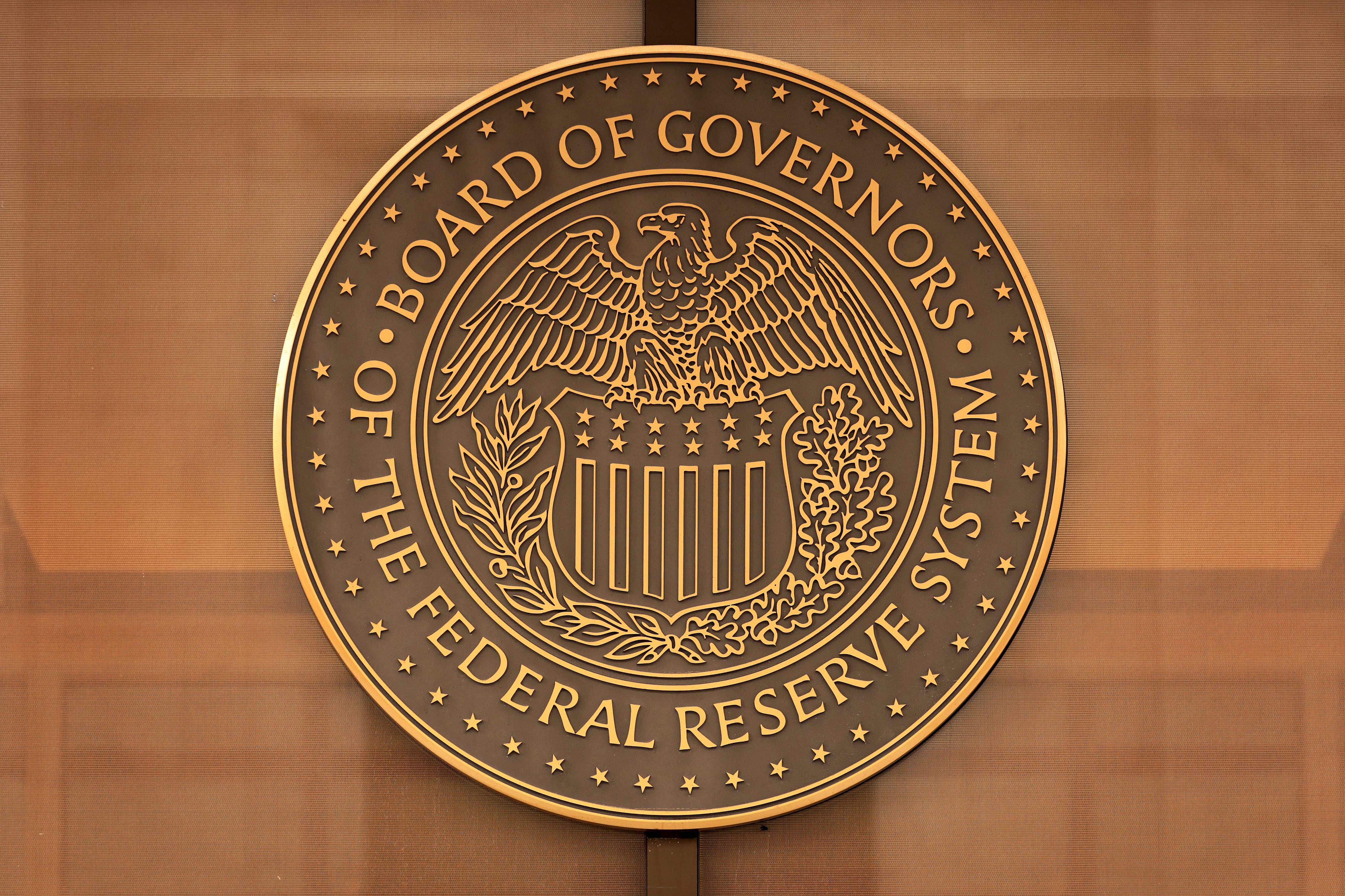The U.S. Federal Reserve is working with other central banks around the world to ensure dollars are available to stop any liquidity issues related to the ongoing crisis in the banking sector.
The central bank on Sunday said it has extended its agreements with the Bank of England, Bank of Japan, European Central Bank, Bank of Canada, and the Swiss National Bank to provide U.S. dollar swap lines.
These agreements essentially allow the Fed to pump U.S. dollars into foreign banks by purchasing other currencies in bulk. The Fed first launched them during the Great Financial Crisis to ease strains in the global funding market.
“To improve the swap lines’ effectiveness in providing U.S. dollar funding, the central banks currently offering U.S. dollar operations have agreed to increase the frequency of seven-day maturity operations from weekly to daily,” the Fed said in a statement.
These operations began on Monday morning and will continue through April.









